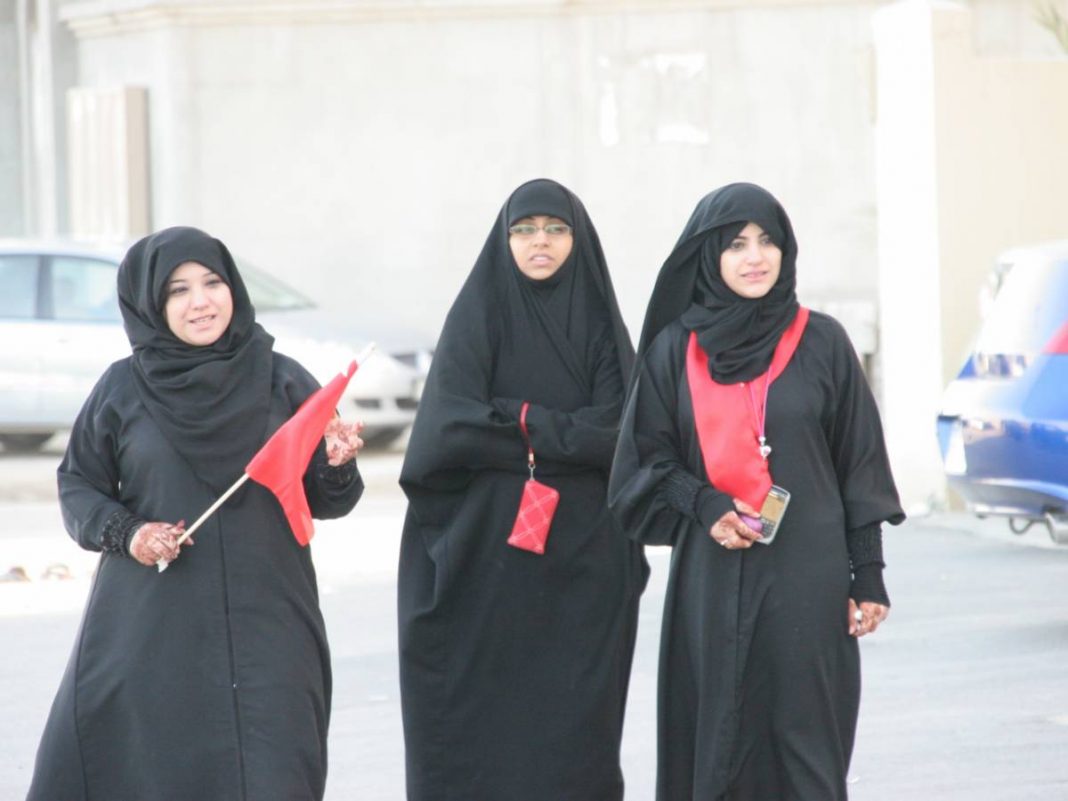Yesterday, the Court of Justice of the European Union expressed its opinion on the question of the right to wear the a barrier Islamic in the workplace, with a ruling that recognizes the right Refusal or comment a female worker wears a headscarf; This right must be implemented by employers, however, the court determined, only in the presence of certain conditions. The Rule Which legalized the ban on the wearing of the Islamic headscarf in the workplace, was issued in recent days by the Supreme Court of the European Union after an appeal by two Muslim citizens residing in Germany.
In their petition, the applicants claimed that they experienced discrimination in the workplace precisely because of their Islamic religion. The first promoter of the case was a specialist breeder for the German childcare agency Wabe eV, while the other was a sales consultant and treasurer for Mh Muller Handels GmbH. Both have denounced to EU judges disciplinary action, pressure to change clothes and, eventually, suspension; All because they chose to wear it on duty. Thus the two complained of an apparent violation of religious freedom Protected by European law.
However, the appeal of the two Muslim women did not have a positive result, urging the Court of Justice to intervene in the case at the instigation of the German courts seized by the respective cities, in fact the employers admitted to ban Its employees use clothing or jewelry that denotes messages of a religious or political nature.
The EU’s highest court today once again upheld the right of employers to fire Muslim women from their jobs for wearing a headscarf if the notion of “neutrality” is justified. The European Court of Justice also appears to recognize that this is a form of discriminationpic.twitter.com/mMwYdJoHwr
– Mehreen (@MehreenKhn) July 15 2021
However, such restrictions on the freedom of employees, highlighting the judgment of the Court of the European Union, can only be imposed under specific circumstances, including the need, felt by employers, to present an image to the public “neutralFrom the companies concerned:A ban on the wearing of any visible form of expression of political, philosophical or religious beliefs in the workplace may be justified by the employer’s need to present a neutral image towards clients or to prevent social conflictsThe company’s simple will to present itself asneutral“However, the Court has made it clear that it is not in itself sufficient to objectively justify a difference in treatment on the basis of religion or personal beliefs, given that the objective nature of such justification can only be recognized when needed.”Reality“The employer, i.e. exceptionally able to prevail over the religious rights of the employees. In this way, the courts of the 27 member states also made the same ruling, to assess, on a case by case, whether the ban on veiling in the workplace was really dictated by”real needsNotification by company owners or personnel managers
The European Court had already intervened in 2017 in the case of the wearing of the Islamic headscarf during service hours, recognizing even then the principle that companies could, certain conditionsBan their employees from wearing headscarves or other prominent religious symbols.

“Reader. Travel maven. Student. Passionate tv junkie. Internet ninja. Twitter advocate. Web nerd. Bacon buff.”




